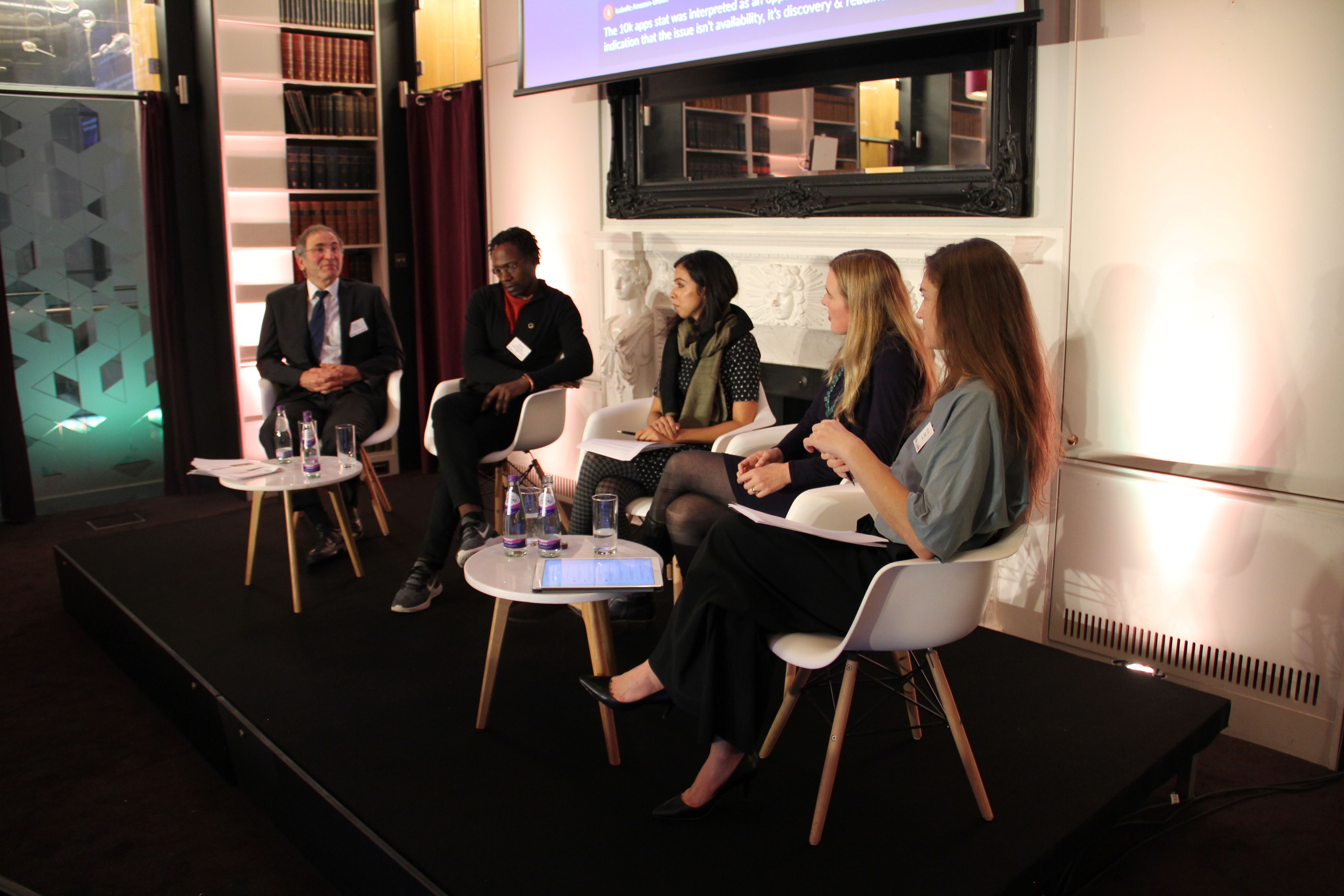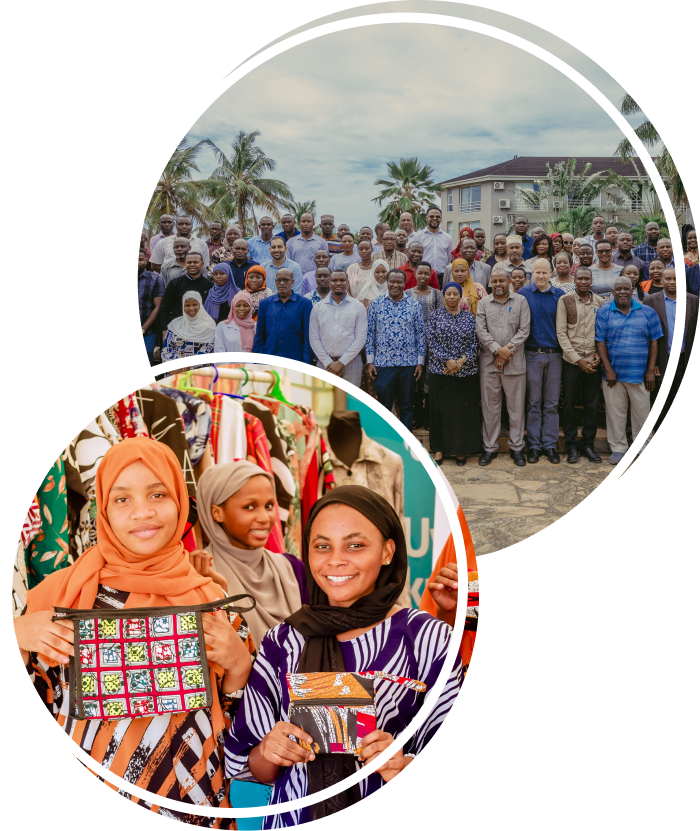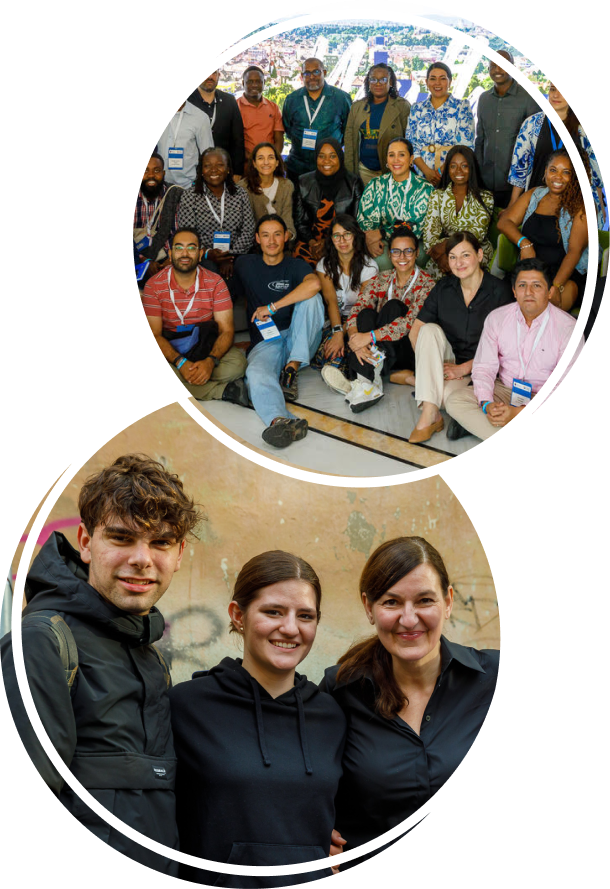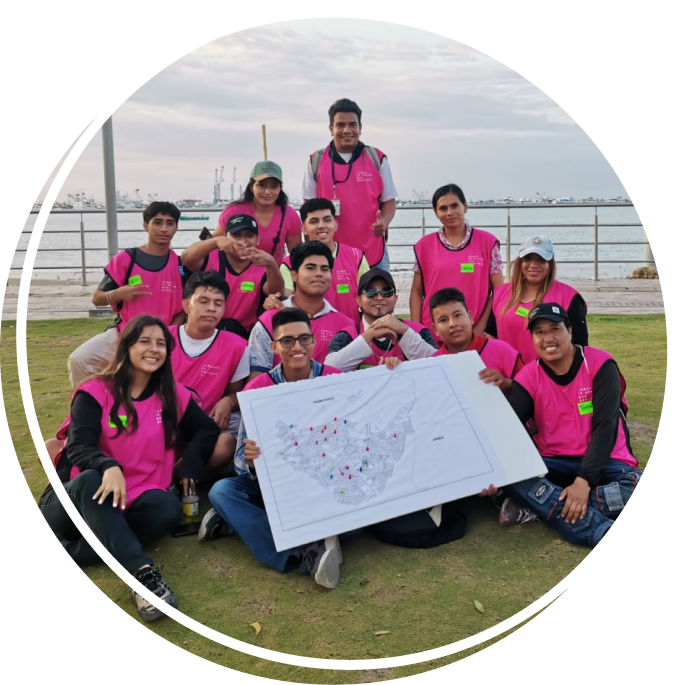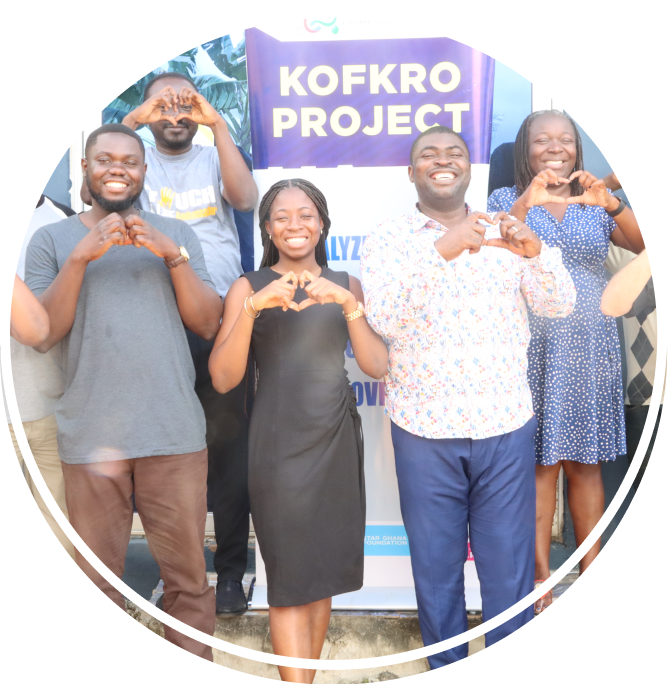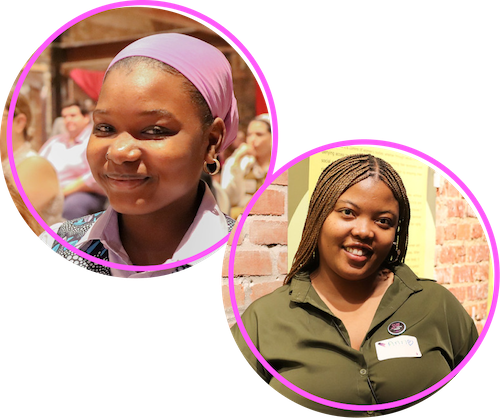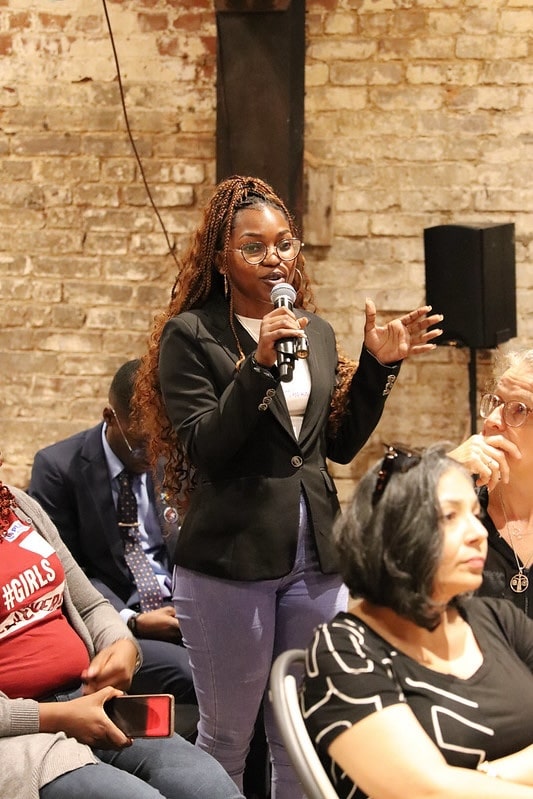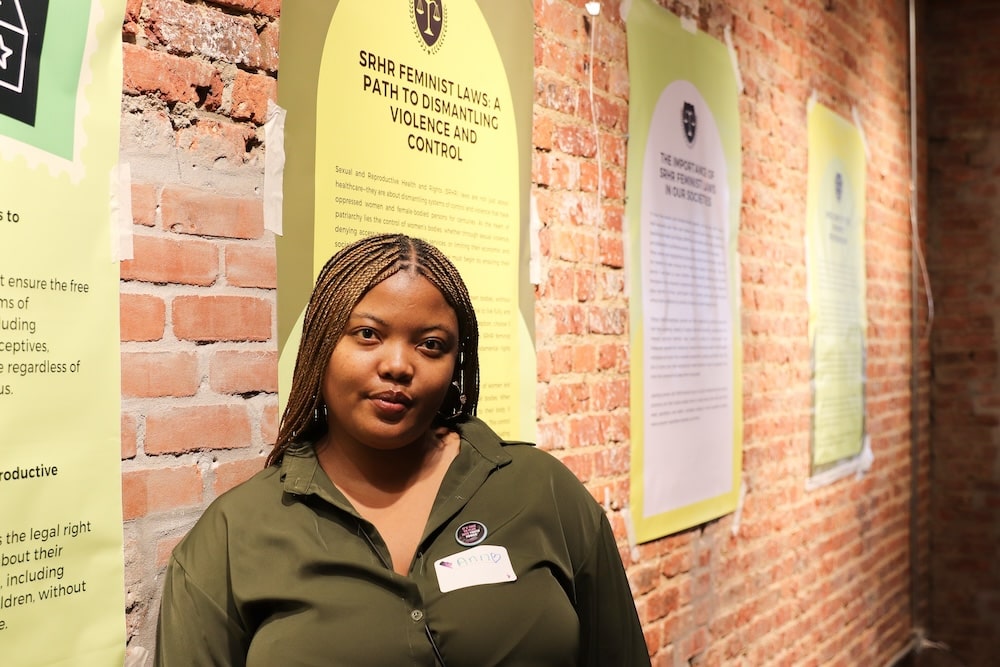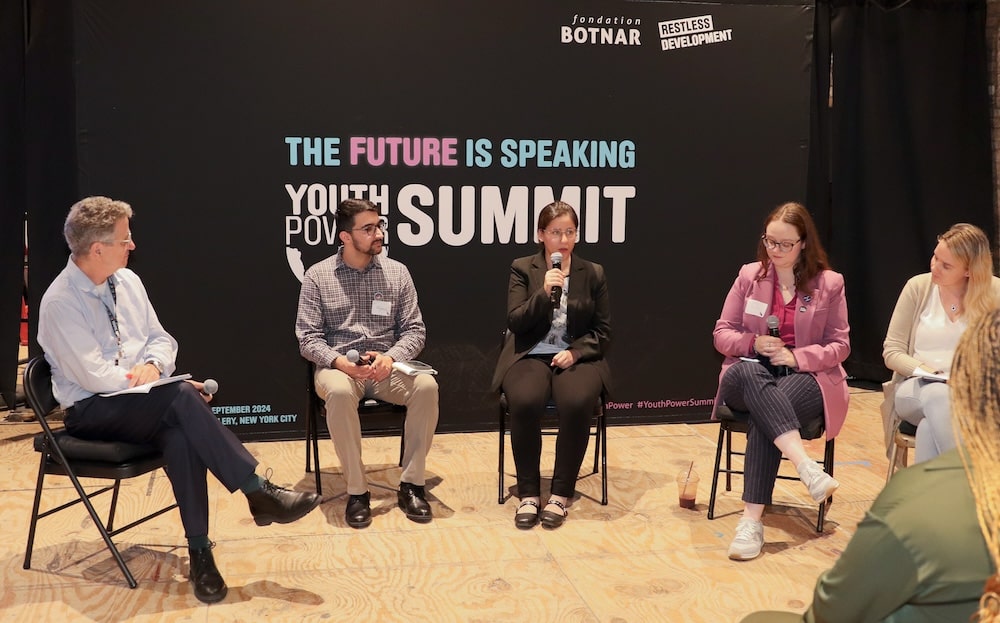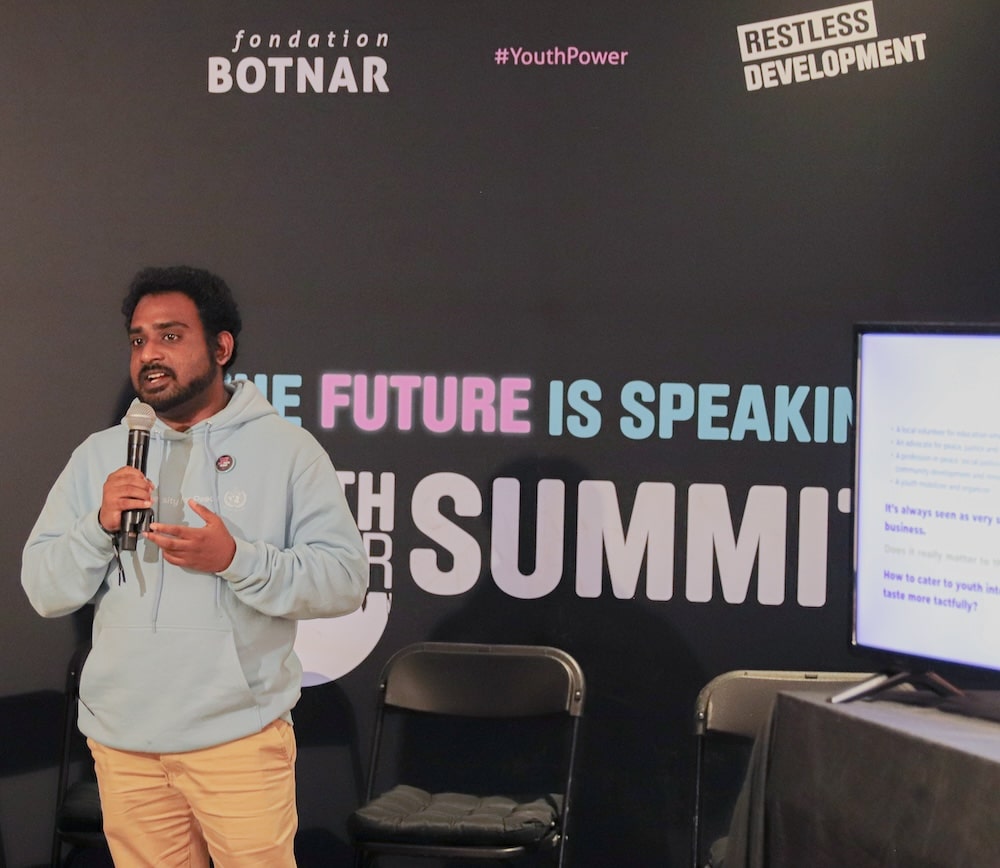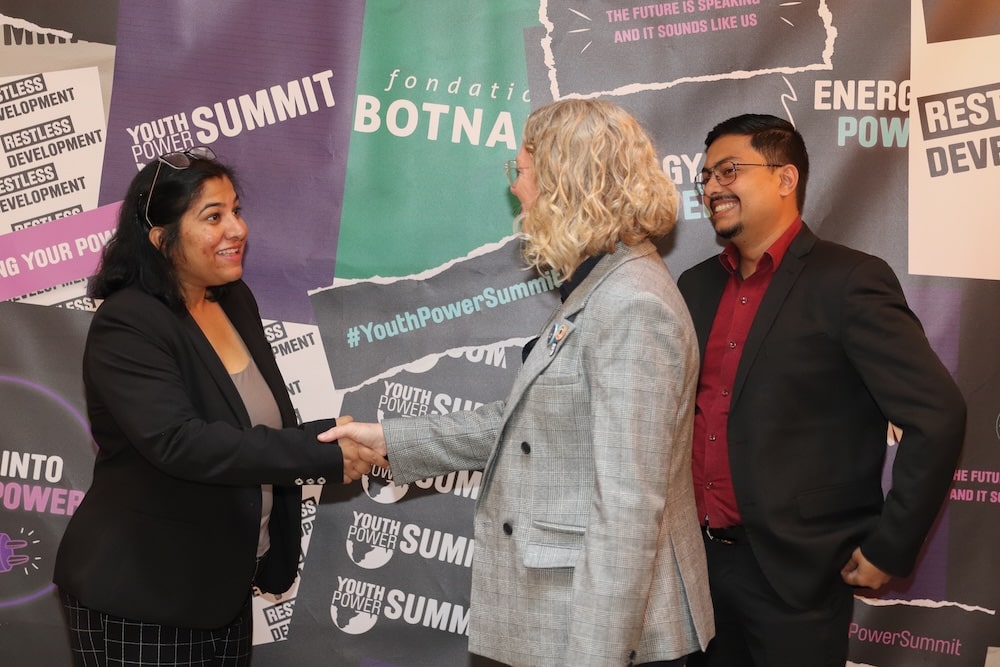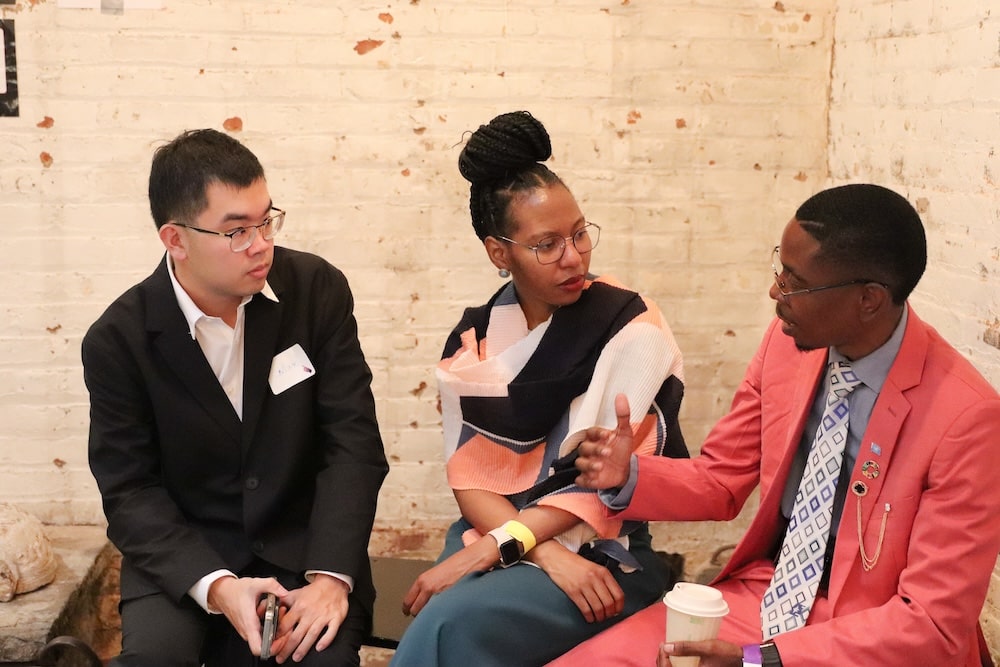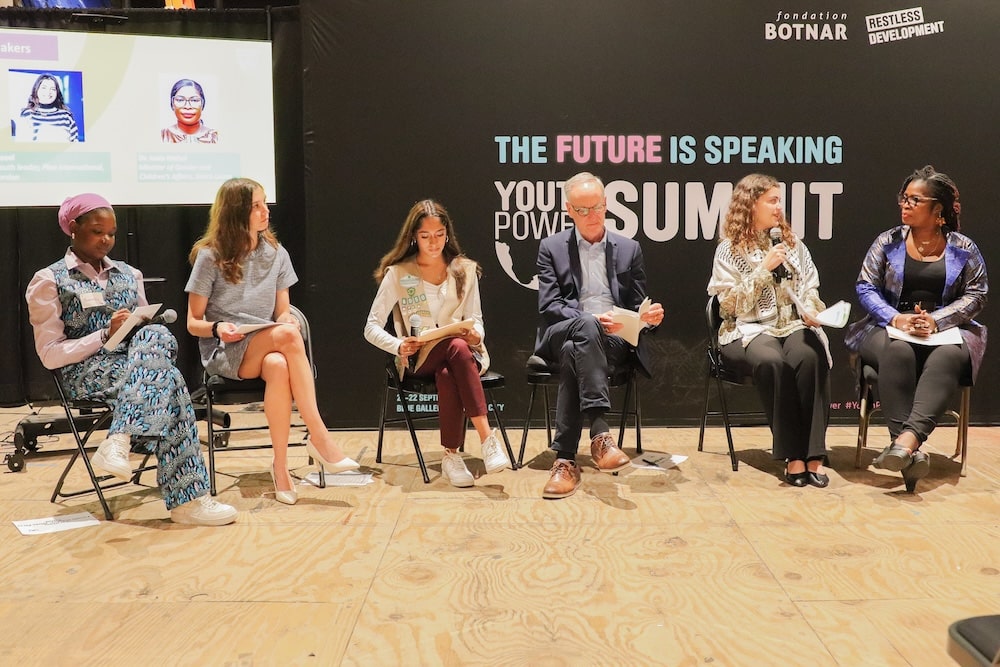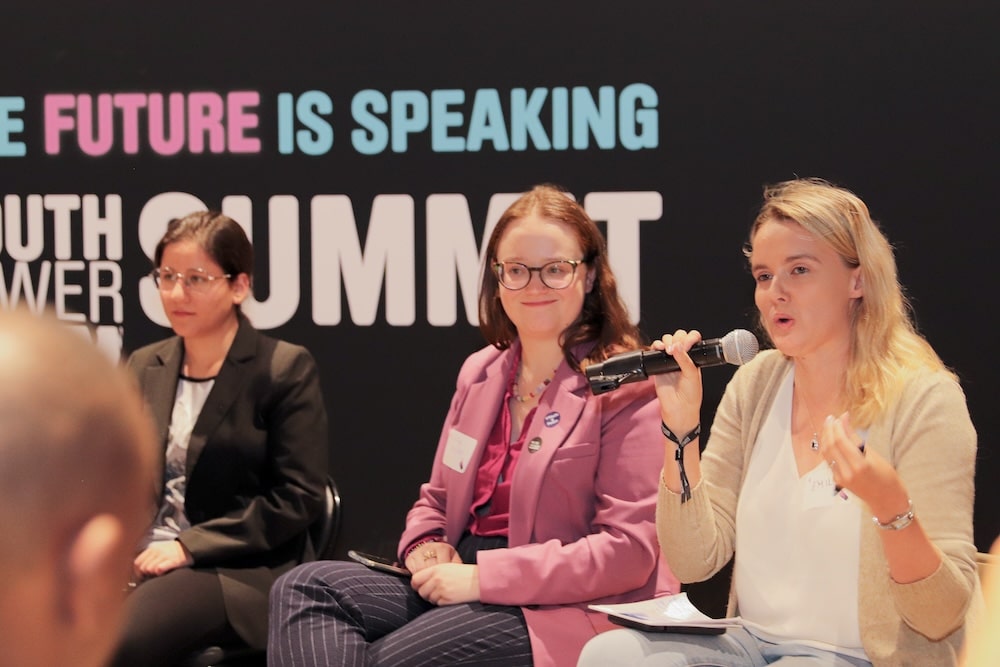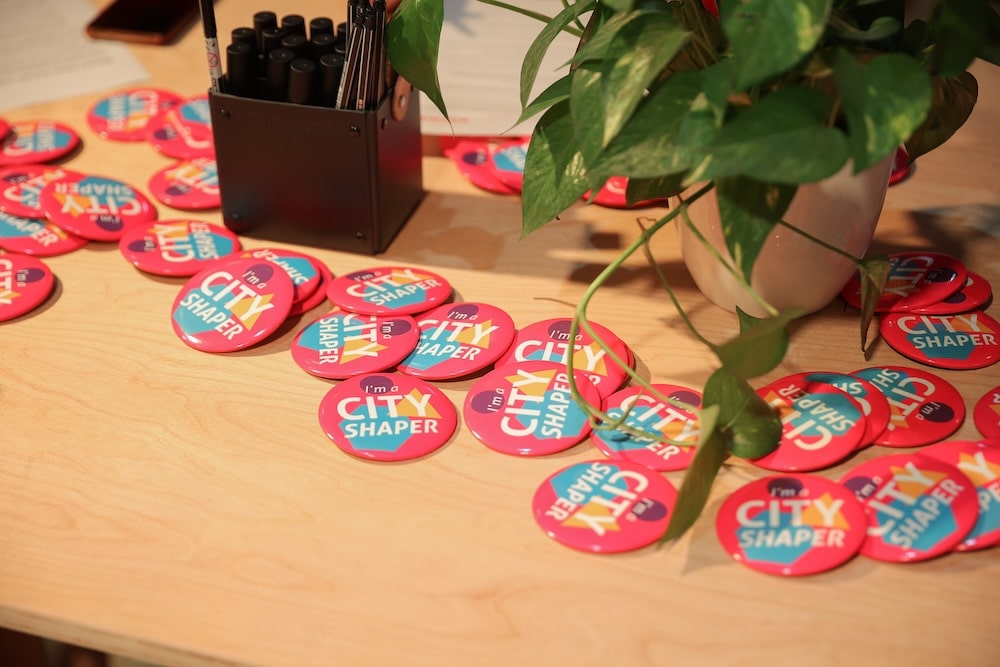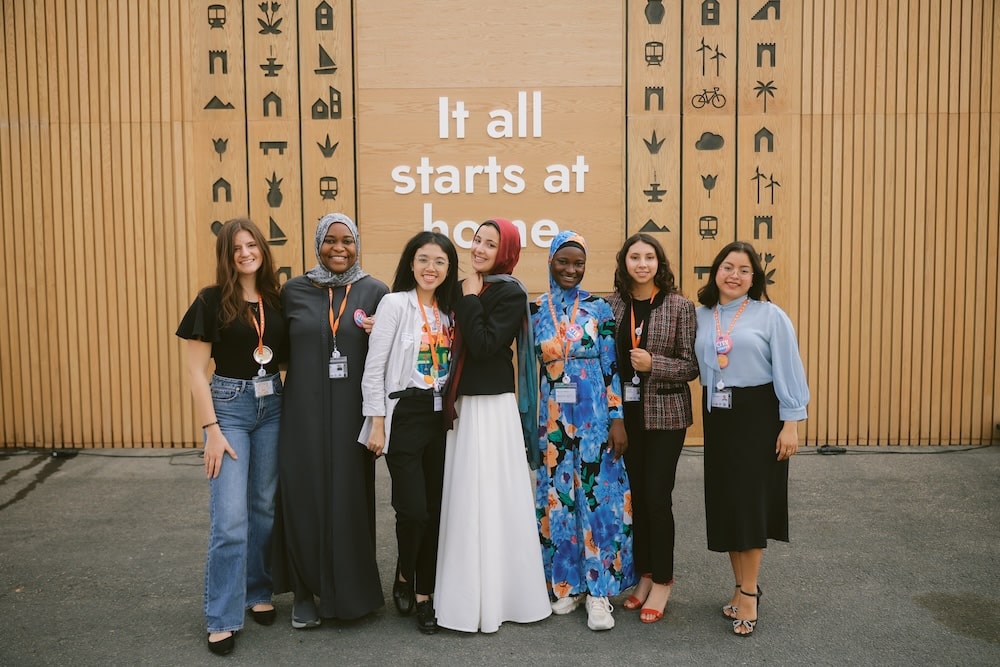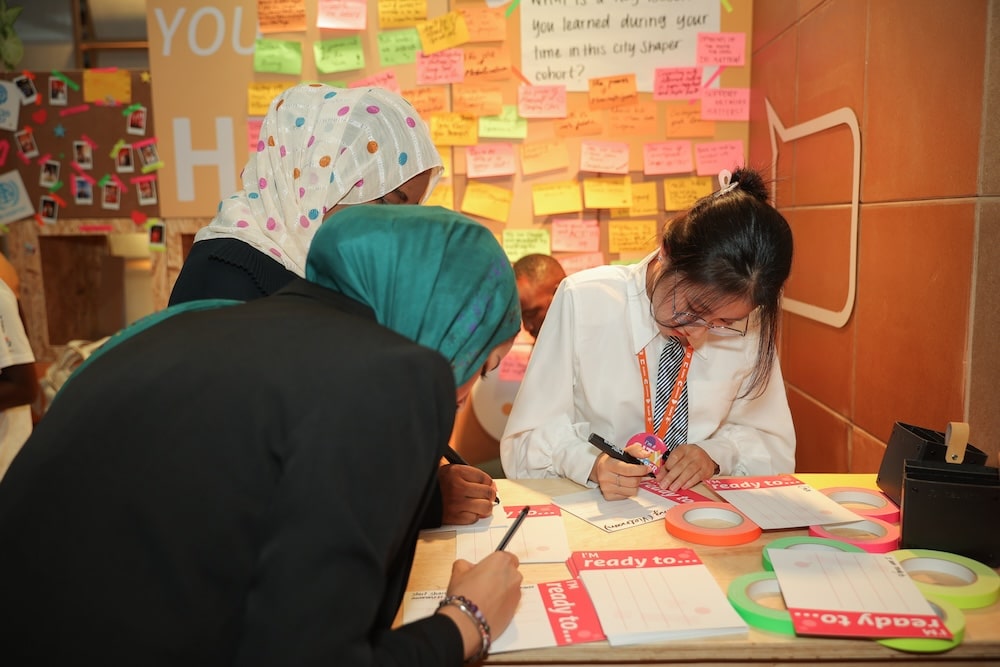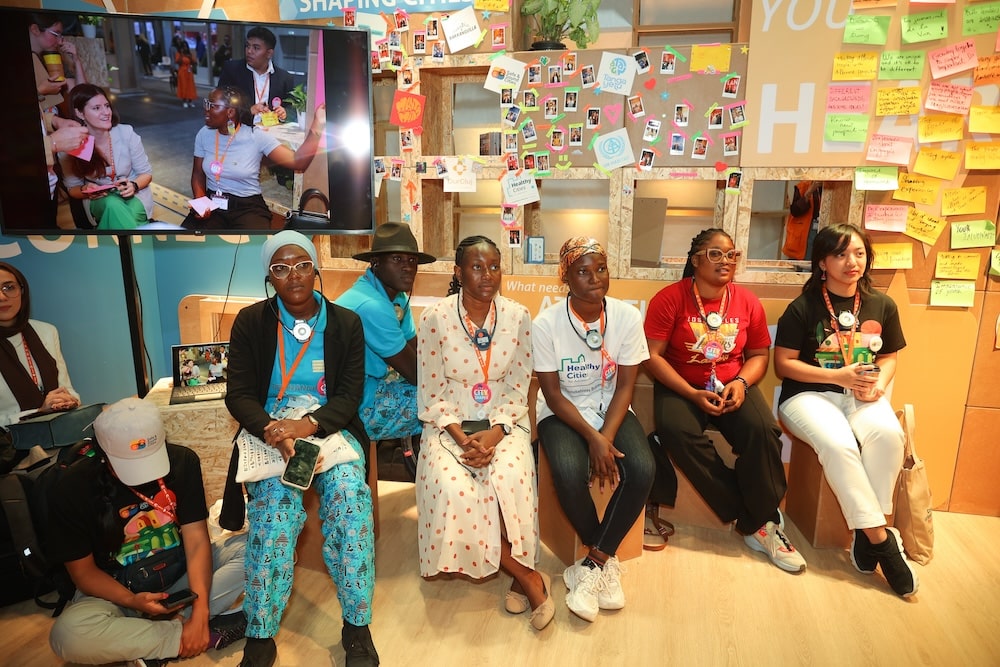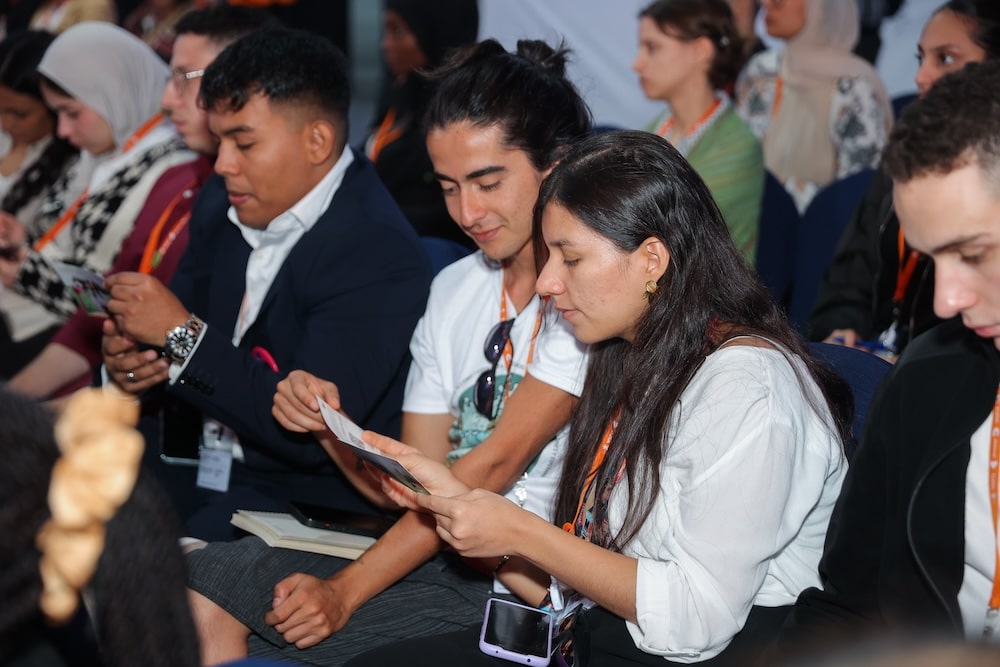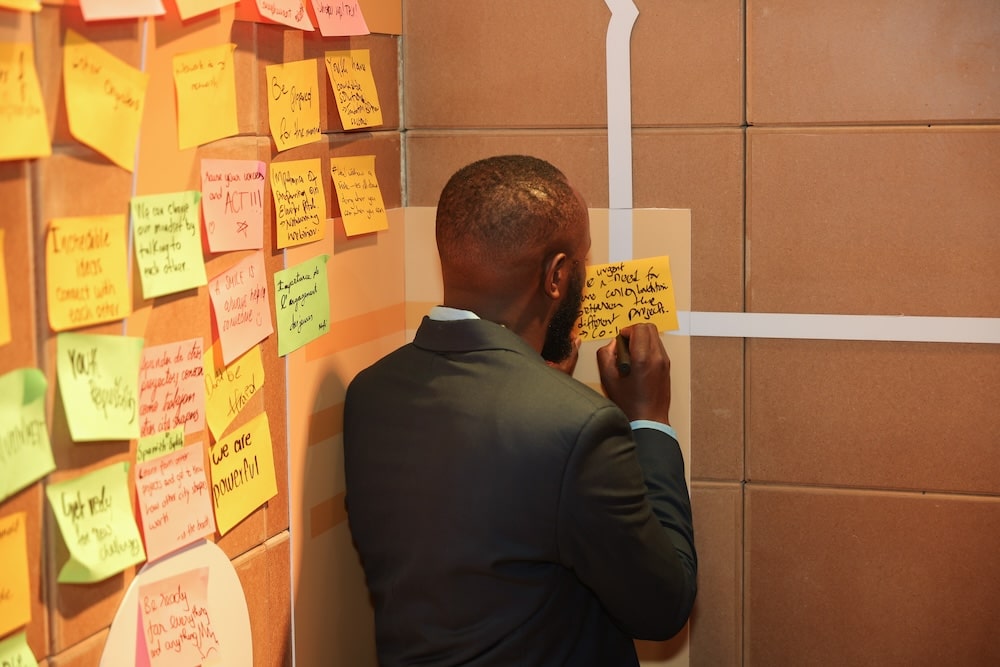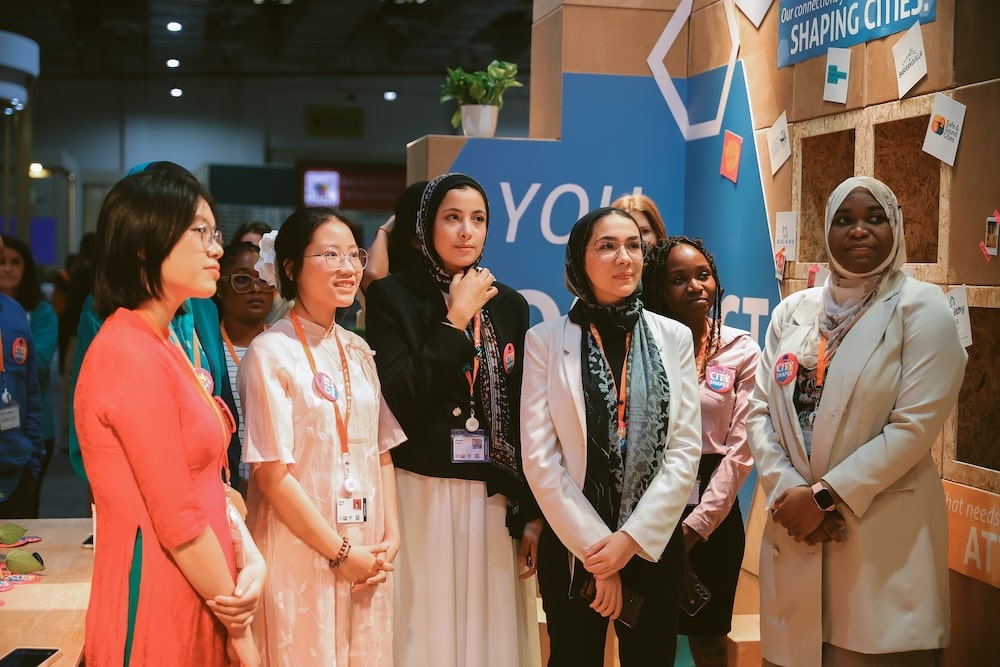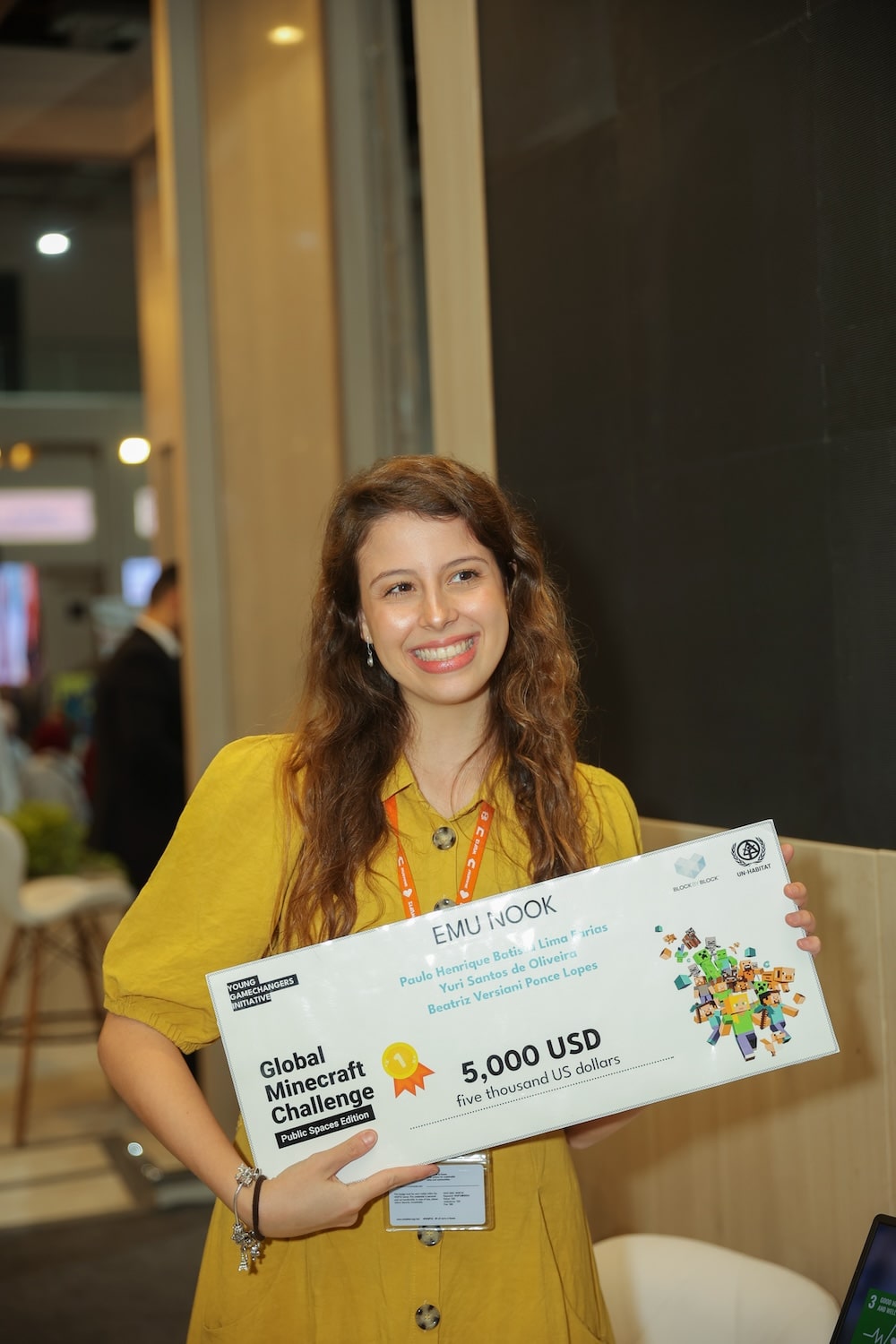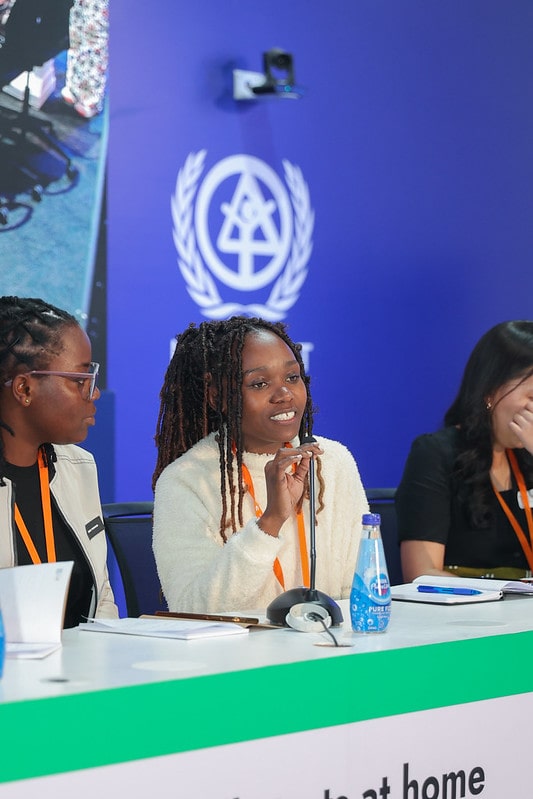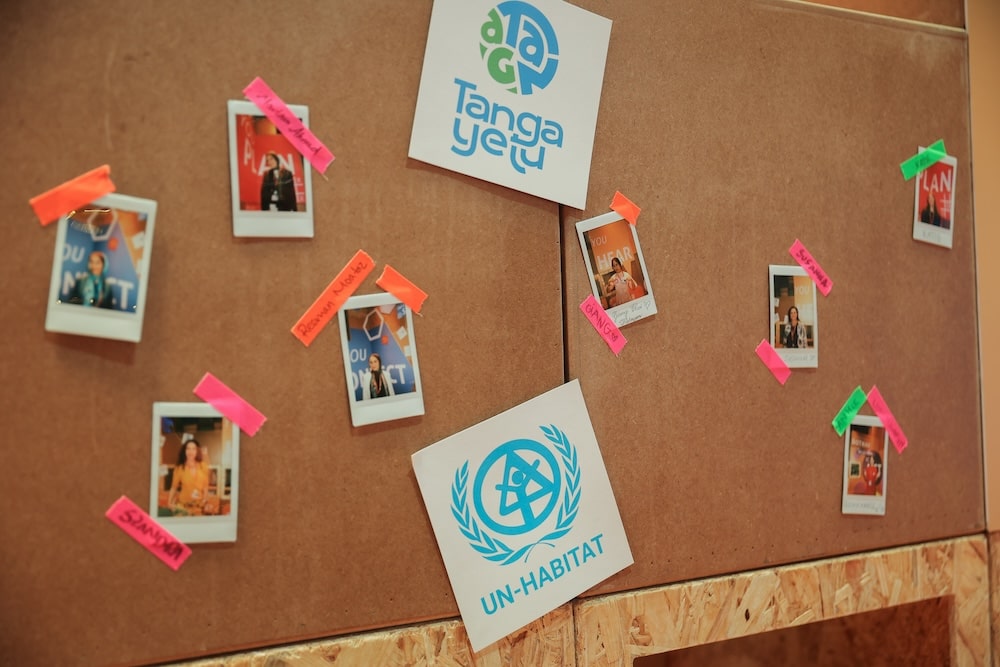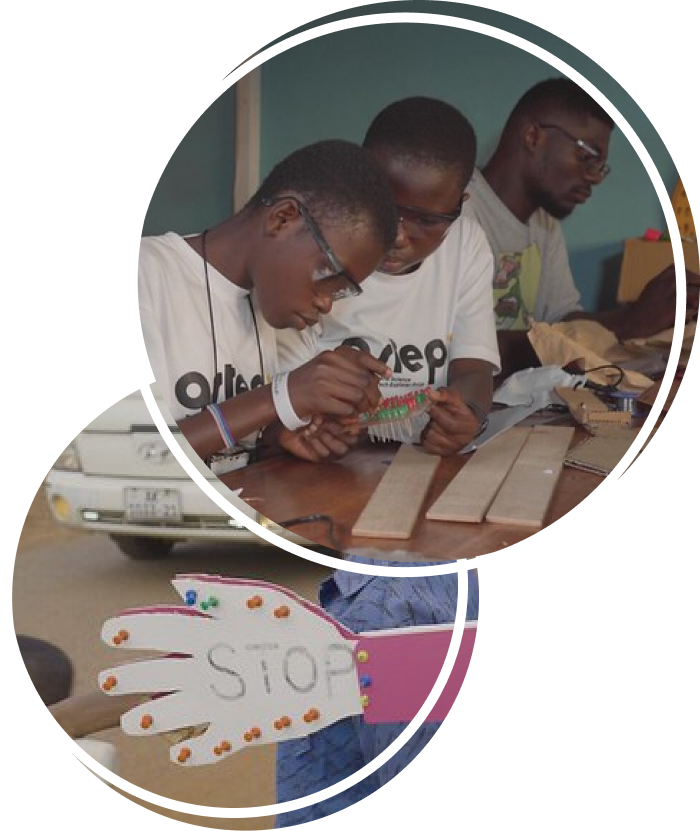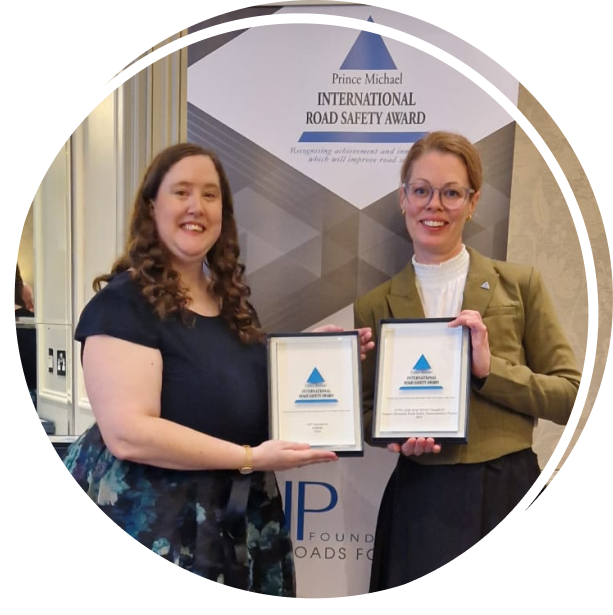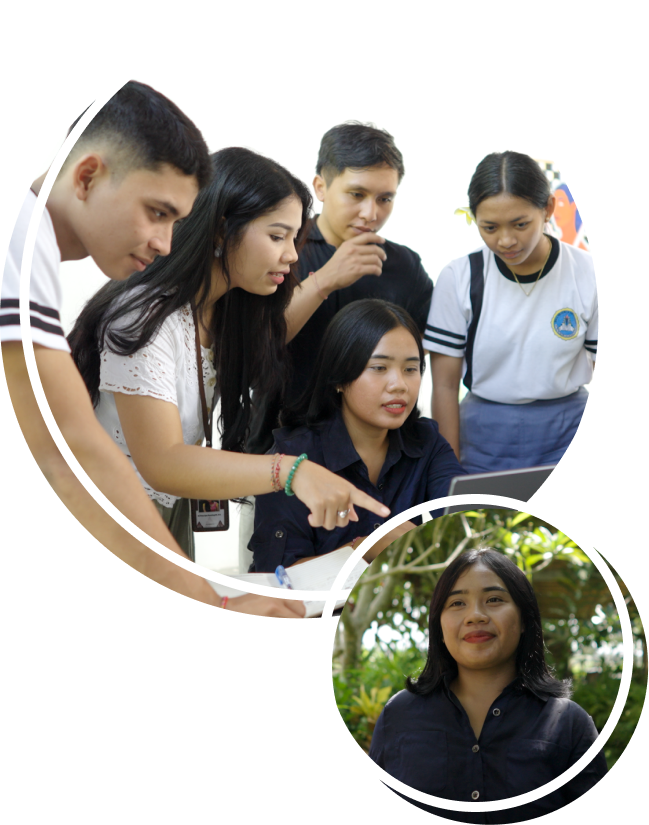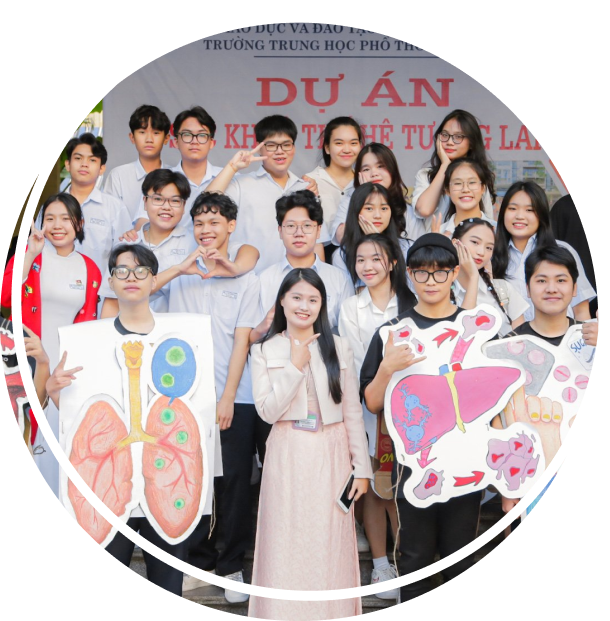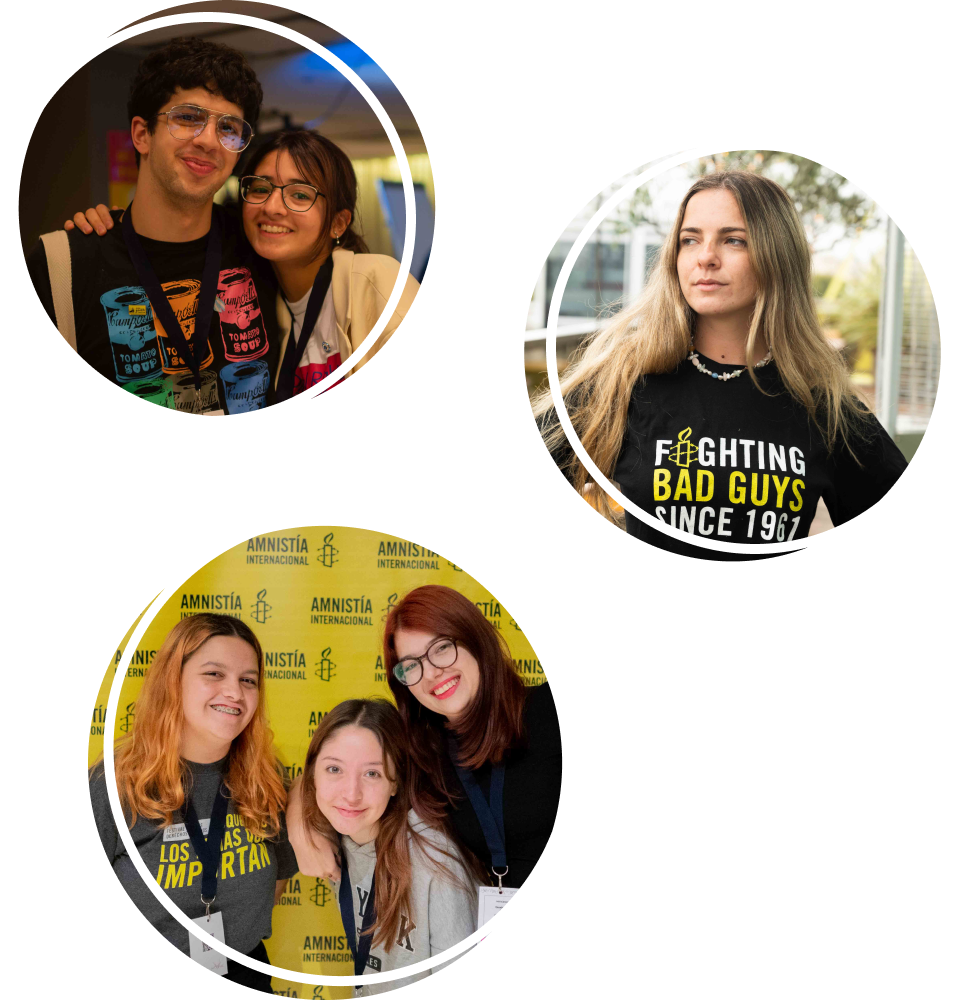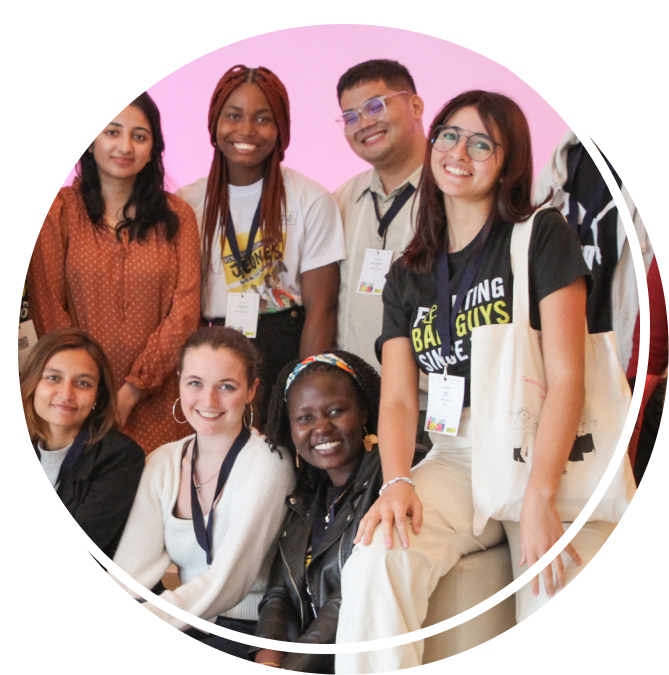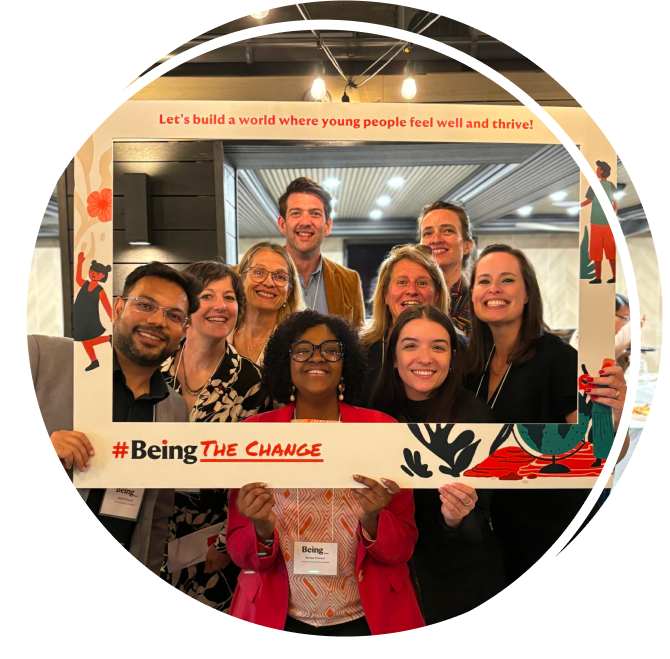Being asked by Fondation Botnar to moderate a panel uniting unique perspectives was exciting. Even more so when the topic was one that in recent times has stimulated academics, had an influx of global media debate, and fuelled campaigners to advocate for content regulation: the relationship between digital technologies, adolescents and mental health.
This event brought a new focus to how we interrogate the relationship. How can technologies be used advantageously when it comes to meeting the wellbeing needs of the world’s adolescents? Today, many of the 10–20% of young people experiencing mental health conditions remain untreated, and are increasingly turning to the internet when seeking health information. Low and middle income countries possess less than 20% of mental health resources, resulting in a treatment gap that has reached astonishing rates. This gap is evident where I work in Kenya, where there are only 100 registered psychiatrists for a population of 52 million, of which three quarters are young people. At the same time, unprecedented technological transformation is set to reimagine our global health systems. From peer and community-led support forums to digitised cognitive behavioural therapy, panelists Alan Stein, Dixon Chibanda, Kerstyn Comley and Pattie Gonsalves shared insights on both the potential and challenges for digital innovation to achieve equitable progress.
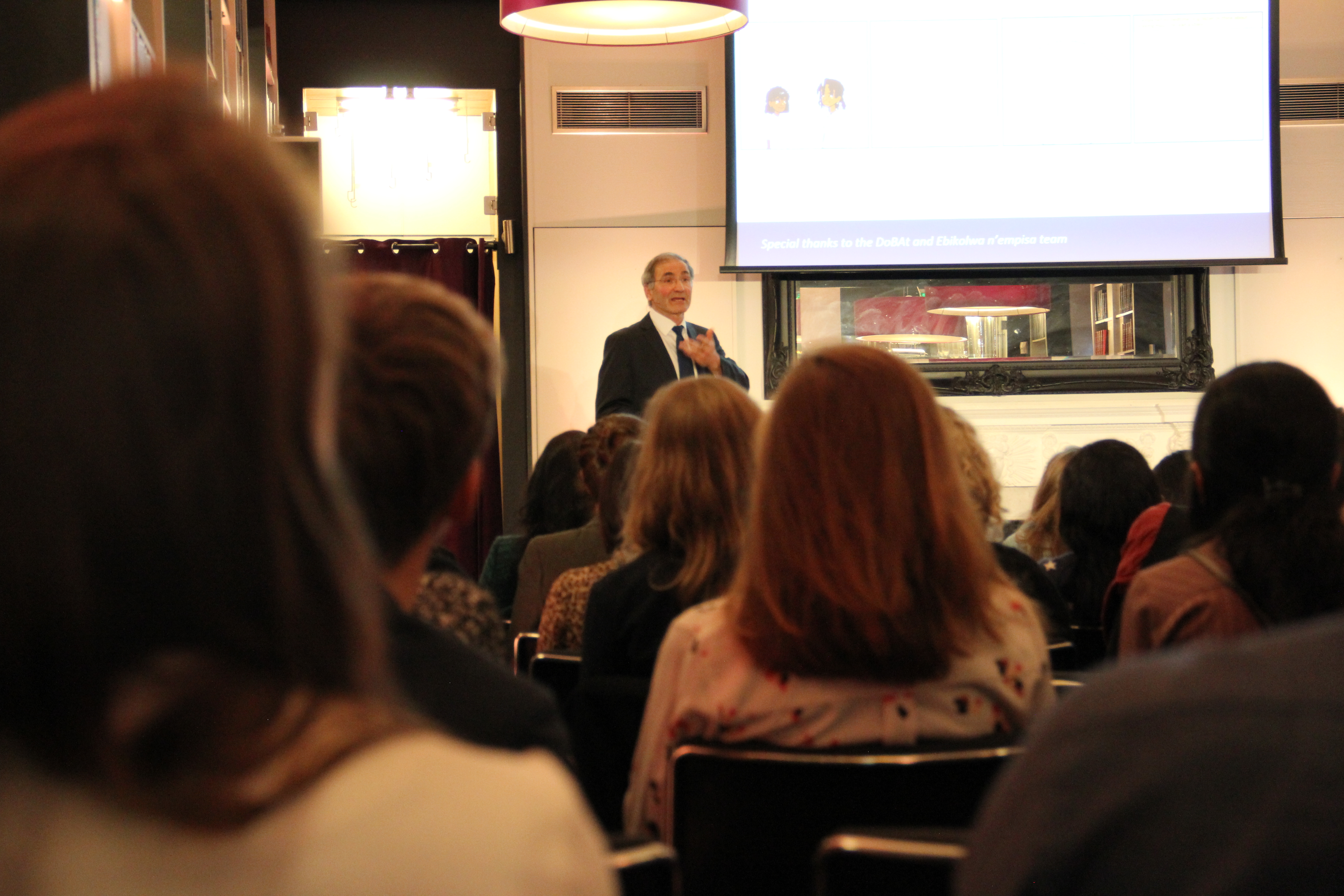
Leaving no one disconnected
Digital innovation offers health systems the opportunity to truly harness existing resources, and improve the efficiency of mental health services to make support more accessible for the hardest to reach. Yet this can only be realised when digital coverage is inclusive. With 52% of the world’s population now online, we must not only find ways to build skills and digital literacy, but creatively engage those that otherwise remain disconnected from vital information, platforms and online communities.
Our panelists discussed important steps innovators are already taking to increase access to online content in low-resource contexts. Panelist Alan highlighted how local providers are sometimes best positioned to bridge this gap by offering free mobile data or internet in schools. Next, Pattie shared her learnings from It’s Ok To Talk, an online anti-stigma campaign focused on young people’s mental health in India. She reminded us that while it’s important to accelerate innovation and increase access, we must also take responsibility for adapting our work when the infrastructure available to adolescents is limited. Best practices include optimising a high-tech app to work on a desktop or a low-end mobile phone as well as offline, for those that need to leave designated hotspots.
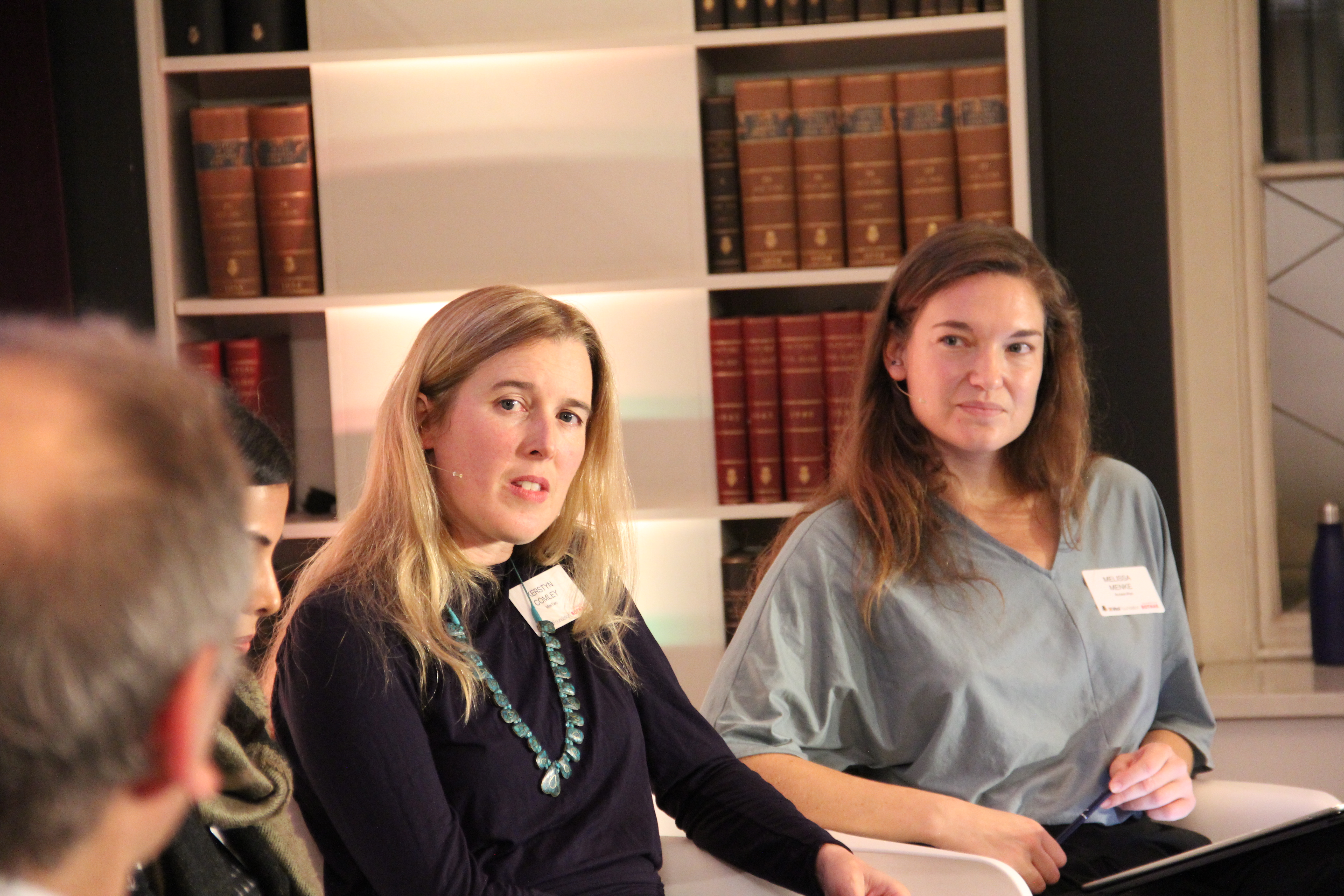
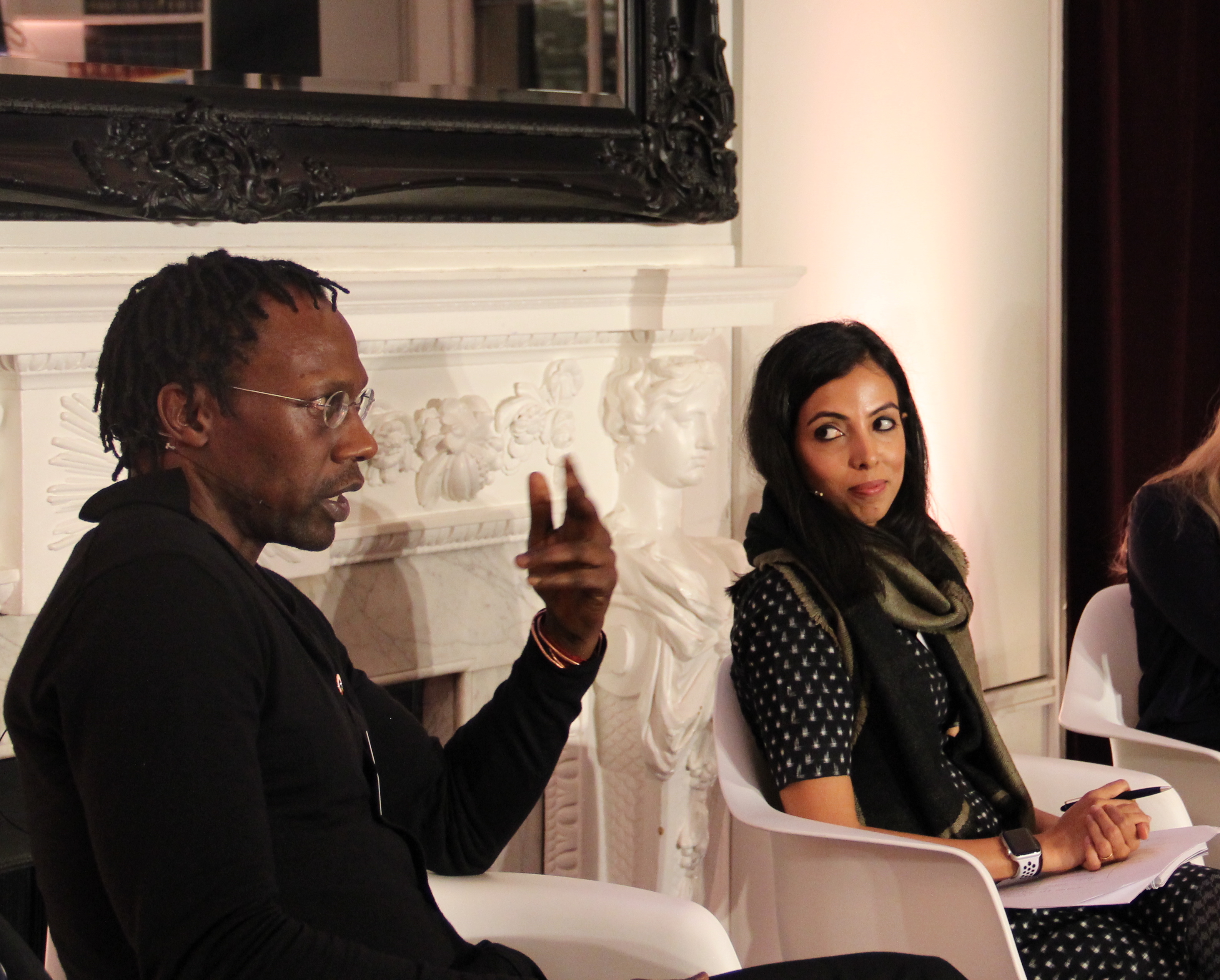
Youth-friendly innovation
Research cited by MeeTwo’s Kerstyn illustrates that a first step towards appropriating digital support services for adolescents is assessing the language we are using. Against a backdrop of recent investments in national anti-bullying campaigns in the UK, MeeTwo found school children of 12-13 years old were much more at ease talking about bullying than mental health. This was echoed by one audience member who asked, “how can we move to equating mental health issues with having a cold – something that comes and goes, and is shame-free?”
Our panelists unanimously stressed the potential of digital tools in reducing the “over-clincalization” of diagnostic terms that group or isolate young people, but only when we include young people themselves in design and innovation. We heard about ways in which participatory methods play out in practice, for example from Dixon of Inuka, who highlighted the potential hackathons offer to engage youth in app design. While its important to work with researchers to ensure that the methodology and features are evidence based, young people must be valued as essential stakeholders.
Visualising privacy policies
Finally, input from the audience steered an important discussion around privacy concerns for adolescents when it comes to accessing support or services online, including questions around how innovators ensure they are being explicit with their users on data management and analysis. I personally found this question extremely powerful: “As a recent adolescent, one of my biggest concerns is around how my data is going to be used and whether it’s truly anonymised?”
The importance of better engagement with privacy policies is clear if we are to increase awareness, build trust, and achieve uptake. We heard from the panel about the important role multimedia can play, such as using a series of short animations designed to narrate the policy within the app so adolescents understand how, where and why their data might be used, e.g. anonymised as part of a research study, and, importantly, what their rights are.
It’s crucial that these conversations continue.
We had dozens of riveting questions from our audience that we were only able to scratch the surface on – from the role of the mass media in awareness raising to the obstacles against deployment of innovations in clinical settings. Several touched on one of the most contested debates at the moment; the potentially harmful impact of digital technologies on adolescent wellbeing. As the Vitol Foundation’s John Collenette aptly put in his closing remarks, the enormity of questions only serves to remind us of the complexities of adolescence as a period in which there are often more questions than answers.
Please follow @FondationBotnar as they tackle some of these big questions and continue the discussion on #Digital4Mind.
